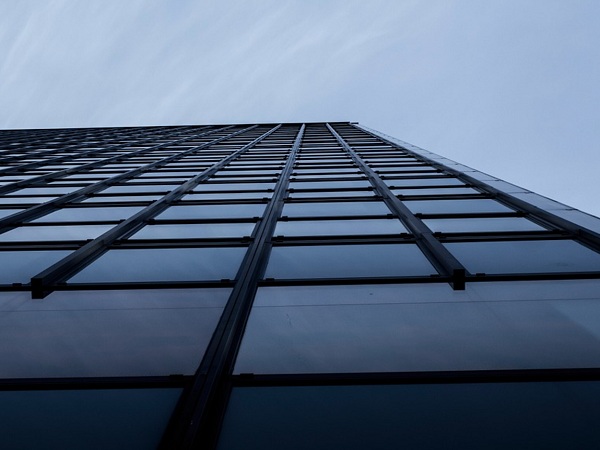Most of the tinting laws today are only applicable to moving vehicles, and there are fewer laws about window tint installation for commercial purposes. However, even if there are no strict rules regarding commercial window tint installation, there are still some situations that discourage this activity.
Commercial Window Tint: When and Where Not to Use Them
You already know the benefits of installing a commercial window tint in your office, but you may still be unaware of the situations that discourage this. Here are some of the instances where you have to think twice about installing your tints.
1. Manufacturers of windows do not provide warranties once you put tints on them.
It is always best to check with your window manufacturer if they will give you the warranty once you install tints on your windows. They do not want to be liable for the future damages of your windows caused by improper tint installation. However, some manufacturers choose to maintain or revise the warranties they give.
2. Different window types cause different application difficulties.
These window types include casement windows, slider windows, double-hung windows, stationary windows, picture windows, awning windows, transom windows, bay or bow windows, and skylight windows.
You must be sure of your current window type and give your installer a heads-up before they put up the tints. Windows with many mullions and individual panes are usually the ones causing application problems.
3. Installing low-quality window tints
First, be careful in choosing the brand of tint you are going to use. Even if these tints are of high quality, some tint manufacturers refuse to give warranties when something goes wrong with the installation.
You must not proceed with the installation or change the type of tint if it is low-quality. You’d better invest in more expensive but higher quality commercial window tint, than cheaper tints good for short-term use.
4. Using the inappropriate tint for your windows
The appropriate window and glass tints depend on the type of office space that you have. Offices keeping confidential files are advised to use darker tints while receiving areas that require transparency must use tints with lighter shades.
Conclusion
There are more benefits than restrictions in installing a commercial window tint. You only need to be careful in selecting your tints and choosing the right one for your office’s windows. Since you will be making a long-term investment, you must already use high-quality window tints to maximize all the benefits.
